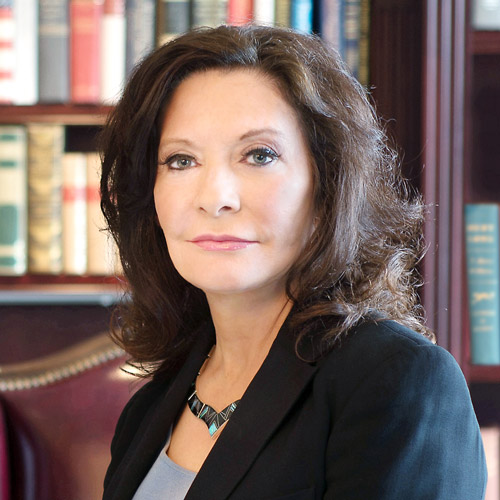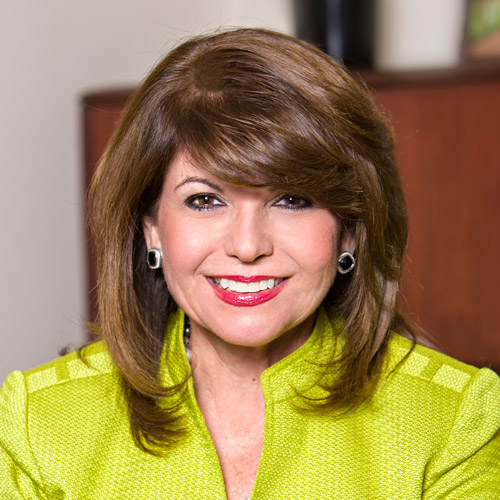The metaphor of the phoenix rising from the ashes may be a cliché, but it’s one that seems applicable to the life of Nelson Diaz, who could have easily fallen through the cracks as a poverty-stricken youth of color. Raised in a series of rough New York City neighborhoods, the Dilworth Paxson partner spent his early childhood in and out of single-room occupancies and rat-infested tenements. When his family qualified for public housing in Black Harlem, Diaz was ten and already flirting with disaster, doing poorly in school and being lured in by the many street gangs that populated the area.
The move to Harlem changed Diaz’s life. After establishing a relationship by chance with Leroy Otis, a Negro League baseball player who would recruit and coach him for one of the best youth baseball teams in Harlem, Diaz shaped up and eventually shipped out to Temple University to study law.
The rest is history. He became a trailblazer in the field. He has been credited with reforming public housing and the court system in Philadelphia, and his path has even led him to the White House, where he became the first presidentially appointed Latino general counsel. Diaz was also the first Latino judge in Pennsylvania’s history.
“If America is to continue to succeed and flourish, corporate America must understand the importance of representing its diverse consumer base.”
So much of Diaz’s career has been focused on helping people who came from difficult circumstances similar to his own. Now at the top of his field, Diaz is looking to lift others up. His new focus? Increasing the number of Latinos who serve on corporate boards.
Despite the rapidly and drastically changing racial dynamics in the United States, Latino representation on corporate boards is still dismal. According to the 2013 Corporate Governance Study (CGS) conducted by the Hispanic Association on Corporate Responsibility (HACR), Hispanics held three percent of seats in the boardroom of the Fortune 500 and 70 percent—or nearly 350 companies—of the Fortune 500 did not have Hispanic representation on their board, revealing little progress over the last 20 years. The study also reported that only two percent—or 10 Fortune 500 CEOs—were of Hispanic heritage.
Diaz, who sat on his first board in 1975 as a member of Temple University’s Hospital Board and currently serves on the board of directors for the Exelon Corporation and the Peco Energy Company, says he is disappointed by the inability of the Fortune 500 boards to find, recommend, or push Latinos for corporate board positions. One of the problems, he says, is that young Latinos are not heavily involved in Fortune 1000 businesses and therefore not seen as agents of diversity.
“There are 872 Fortune 1000 companies without a Latino representative on their boards, and several of the companies use the same individual for three or more of the Fortune 1000 appointments,” Diaz says. “There must be better distribution since our commitment, knowledge, and capacity to make businesses better is evident by those presently serving on corporate boards.”
The business case for diversity has been gaining traction for years, but for some reason, it has not quite translated to corporate boards. Diaz’s work in the boardroom is reason enough to seek out Latinos for seats. Not only did he improve the profitability of the pension fund at Exelon Corporation, he also increased the participation of people of color in asset management.
“Diversity is critical on corporate boards because it’s the only way to get different professional points of view by accessing different communities,” he says. “It is important for Latinos to seek out board seats to level the playing field. Latinos bring diverse knowledge, skills, and experiences that increase profitability. If America is to continue to succeed and flourish, corporate America must understand the importance of representing its diverse consumer base.”
Latinos need the corporate executive and board experience to get to the next phase of their careers. Through the Latino Corporate Directors Association that Diaz founded, he has been able to advocate and open doors for Latino professionals in corporate America who likely would not have been noticed or tapped for a board seat or C-suite position otherwise. For those not lucky enough to have such a mentor, the former judge has some words of advice.
“The most important characteristics you have to have for participating on any corporate board are integrity, ethics, and honesty,” Diaz says. “You also need to be able to understand and read a balance sheet and an income statement. It’s your job to support and work with management for the good of the shareholders. The better the shares perform, the more flexibility you have to promote new agendas.”
Guest Editor Commentary
 “While Nelson passionately defends the need for more Latinos on corporate boards, perhaps the most compelling case is the accelerated growth of the Latino population in the US, influencing and driving purchase decisions of products and services. If the company is in an industry segment where the influencing power is increasingly in the hands of Latinos, the business case for Latino representation in the company’s board of directors should be made on those bases.
“While Nelson passionately defends the need for more Latinos on corporate boards, perhaps the most compelling case is the accelerated growth of the Latino population in the US, influencing and driving purchase decisions of products and services. If the company is in an industry segment where the influencing power is increasingly in the hands of Latinos, the business case for Latino representation in the company’s board of directors should be made on those bases.
Conversely, the point of view that ‘Latinos need the corporate executive and board experience to get to the next phase of their careers’ is not necessarily shared by all companies and succession-planning experts. Some would argue that there are many successful CEOs who have not served on any corporate boards throughout their careers. In fact, if an executive doesn’t enjoy board directorship or is not a good fit for a board of director’s role, he or she might be better-off not serving on a corporate board. Having said that, the representation of Latinos in boards is undeniably meager, and we must drive a concerted effort to increase the numbers.” —Ana Dutra

